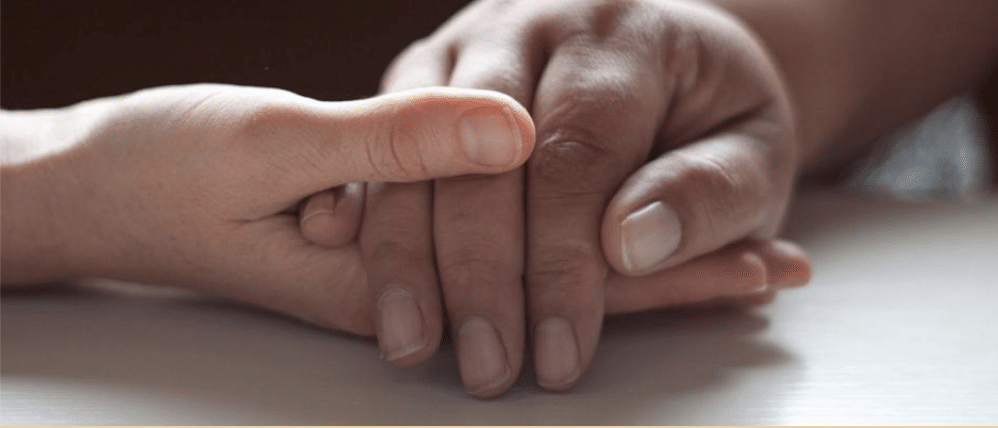
**Reader discretion advised for individuals sensitive to this topic**
One in four Australian women have experienced sexual assault.
Twenty five percent. Does this shock you? For me, it does not. In my experience as a woman, the awareness of an ever-present danger of sexual violence seems to be woven into our lives. If we haven’t already experienced sexual violence and its health and social consequences, then we’ve heard about it from the women around us.
The fact is, if you treat women, you’ve almost certainly treated a survivor of sexual assault. Actually, regardless of who you treat, you have probably treated a survivor – I acknowledge that men and non-binary individuals also experience sexual violence and are just as deserving of our care and compassion. For this particular blog, I’m focussing on women.
There’s so much I could say on this topic. And there’s so much that we should discuss as a society at large. But for now, let’s start with the following question…
What can clinicians do to help survivors?
Stirling, Chalmers and Chipchase have written an important open access article to start this discussion. While aimed at physiotherapists, their message is relevant and important to a range of health professionals.
They identified a plethora of potential physical, social, emotional and psychological health implications of sexual assault, which health professionals should be aware of. For example, sexual assault has a “significant association with a lifetime diagnosis of depression, post-traumatic stress disorder, anxiety, eating disorders, sleep disorders and suicide attempts”. Further examples they raised included a “statistically significant association between women with a history of rape and a subsequent diagnosis of fibromyalgia, chronic pelvic pain and gastrointestinal disorders.” Consequently, they conclude that there is a strong need for physiotherapists to be trained in screening of sexual assault history and gain appropriate skills for the possible responses to this process.
After identification of a sexual assault history, the authors discuss the importance of being aware of the survival response and sequelae. This includes tonic immobility – a reaction causing the skeletal muscles to tense rigidly and inhibit voluntary movement. The experience of tonic immobility itself can be immensely distressing. Clinicians need to be aware that they may unintentionally elicit involuntary responses like this during the course of treatment. In the article, the authors discuss a case study of a patient who developed symptoms associated to a prior history of sexual assault after seeking physiotherapy treatment for low back pain. The authors note that this raises various questions. For example: “how many women experience similar somatic symptoms during visits to physiotherapists? Are physiotherapists equipped to detect and manage these uncomfortable somatic experiences?” It is evident that there is much research to be done.
Treating sexual assault survivors may seem intimidating to many, so perhaps it is reassuring to know that the recommended trauma-informed approach should already be in the clinician’s skill-base. Stirling, Chalmers and Chipchase outline the five core principles of trauma-informed care: “providing emotional and physical safety by attuning to a patient’s needs; being trustworthy; offering choices to patients; collaborating with them; and empowering them.”
I highly recommend reading the brief but important full article here.
– Anna Vogelzang
If you or someone you know is impacted by sexual assault in Australia, call 1800RESPECT on 1800 737 732 or visit 1800respect.org.au. If you are in an emergency, call 000.
Readers seeking support with mental health can contact Beyond Blue on 1300 22 4636. More information is available at Beyondblue.org.au.
Embrace Multicultural Mental Health supports people from culturally and linguistically diverse backgrounds.

comments